EPA Board Rejects Appeal of Shell Arctic Permit
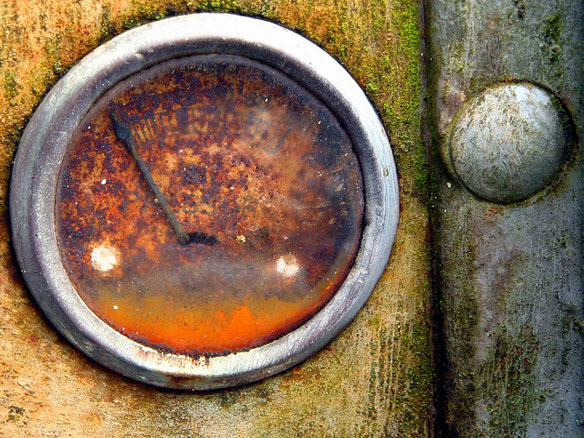
Shell Alaska spokesman said in a formal announcement that the decision means Shell, for the first time, has usable air permits that will allow its drill ship to work in the outer continental shelf off Alaska’s northwest coast in 2012…
Disaster zone as oil slick threatens Christmas Island
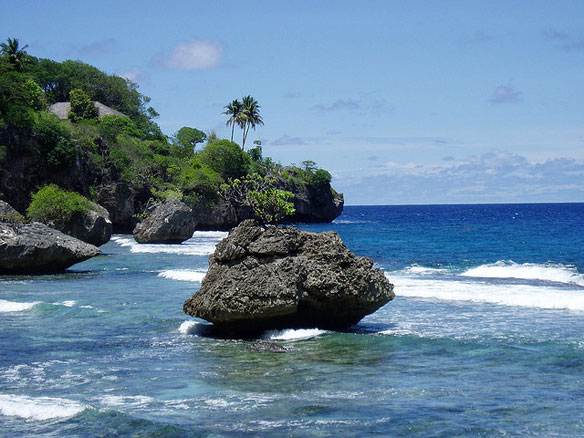
Christmas Island is bracing for an environmental and economic crisis after a stricken Panama-flagged MV Tycoon container ship split in two at Flying Fish Cove yesterday afternoon, having been ripped from its berth by a big swell, and leaked tonnes of pollutants into its pristine waters. Experts warned that the spill was a potential disaster for the ecologically important area, with crabs, birds and coral all threatened.
Dutch Court Turns Down Trafigura Appeal On Toxic Waste
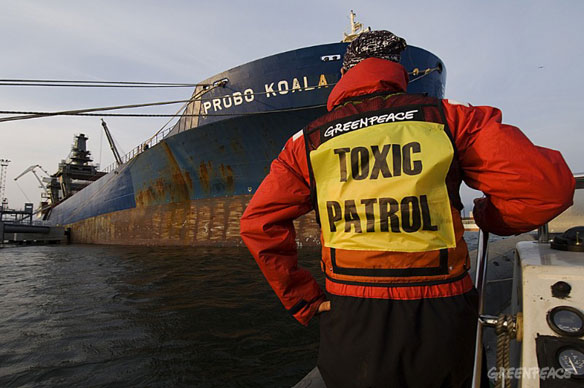
An Amsterdam appeals court Friday upheld a million-euro fine against multinational oil trader Trafigura for the illegal export of toxic waste, later dumped around Abidjan, causing environmental and human disaster in Ivory Coast.
EPA Implicates Fracking In Pollution
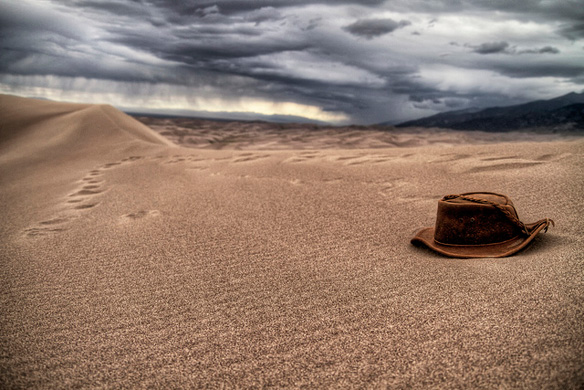
The U.S. Environmental Protection Agency announced Thursday for the first time that fracking, a controversial method of improving the productivity of oil and gas wells, may be to blame for causing groundwater pollution.
India Stems Tide Of Pollution Into Ganges River
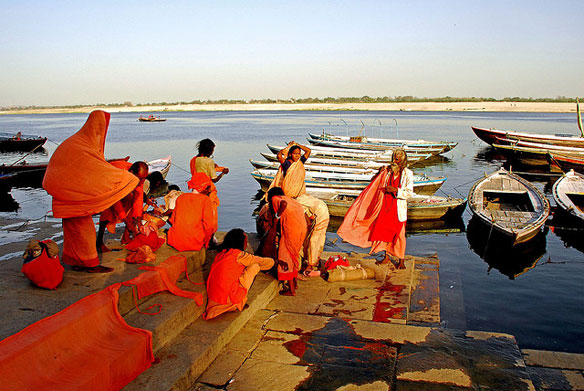
Even as pollution levels in the Ganges River continue to rise, recent legal rulings may offer up a new defense of the sacred waterway. The Allahabad High Court, in the northern state of Uttar Pradesh, ordered the closure of more than 100 tanneries that pour tons of toxic chromium into the Ganges each year …
Fukushima Radiation Mostly Fell Into The Sea: Study
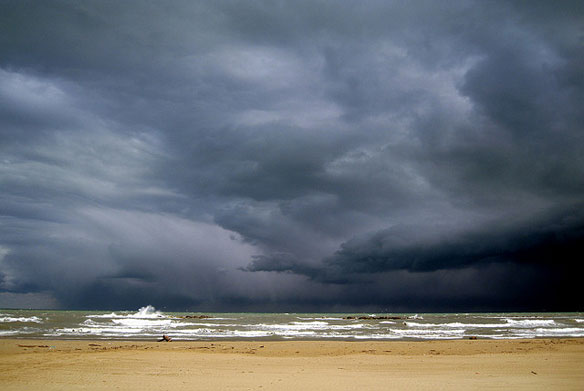
Most of the radioactive fallout from the disaster at the Fukushima nuclear plant dropped into the ocean and began circling the planet, Japanese researchers said Thursday.
Marine Debris Generated from the 2011 Japan Tsunami
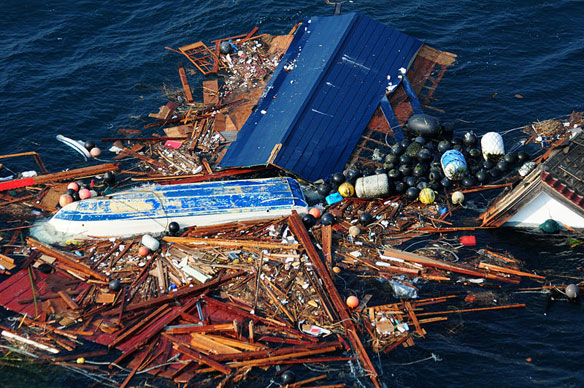
Of all Earth’s natural hazards, tsunamis may be among the most infrequent, but they pose a major threat to coastal populations, particularly in the seismically active Pacific Ocean. Ever since the great Japan tsunami on March 11 washed millions of tons of debris into the ocean, scientists at IPRC, University of Hawaii at Manoa, have been trying to track the trajectory of this debris that can threaten small ships and coastlines.
Link Between Air Pollution and Cyclone Intensity in Arabian Sea
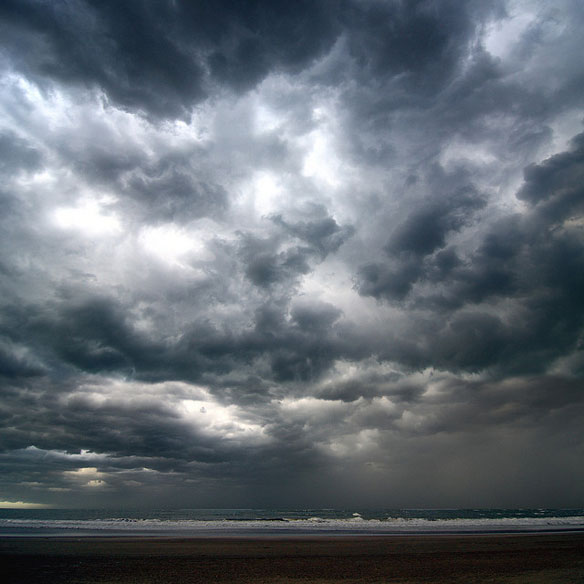
Scientists are working to better understand atmospheric pollution and brown clouds formations, in which smog from diesel emissions, soot and other by-products of biomass burning accumulate and become widespread to a degree significant enough to affect regional climate.
Decline in Dead Zones: Efforts to Heal Chesapeake Bay Are Working

Although climatic factors and sea level rise are influencing hypoxia, efforts to reduce the flow of fertilizers, animal waste and other pollutants into the Chesapeake Bay, appear to be giving a boost to the bay’s health, a new study that analyzed 60 years of water quality data has concluded.
